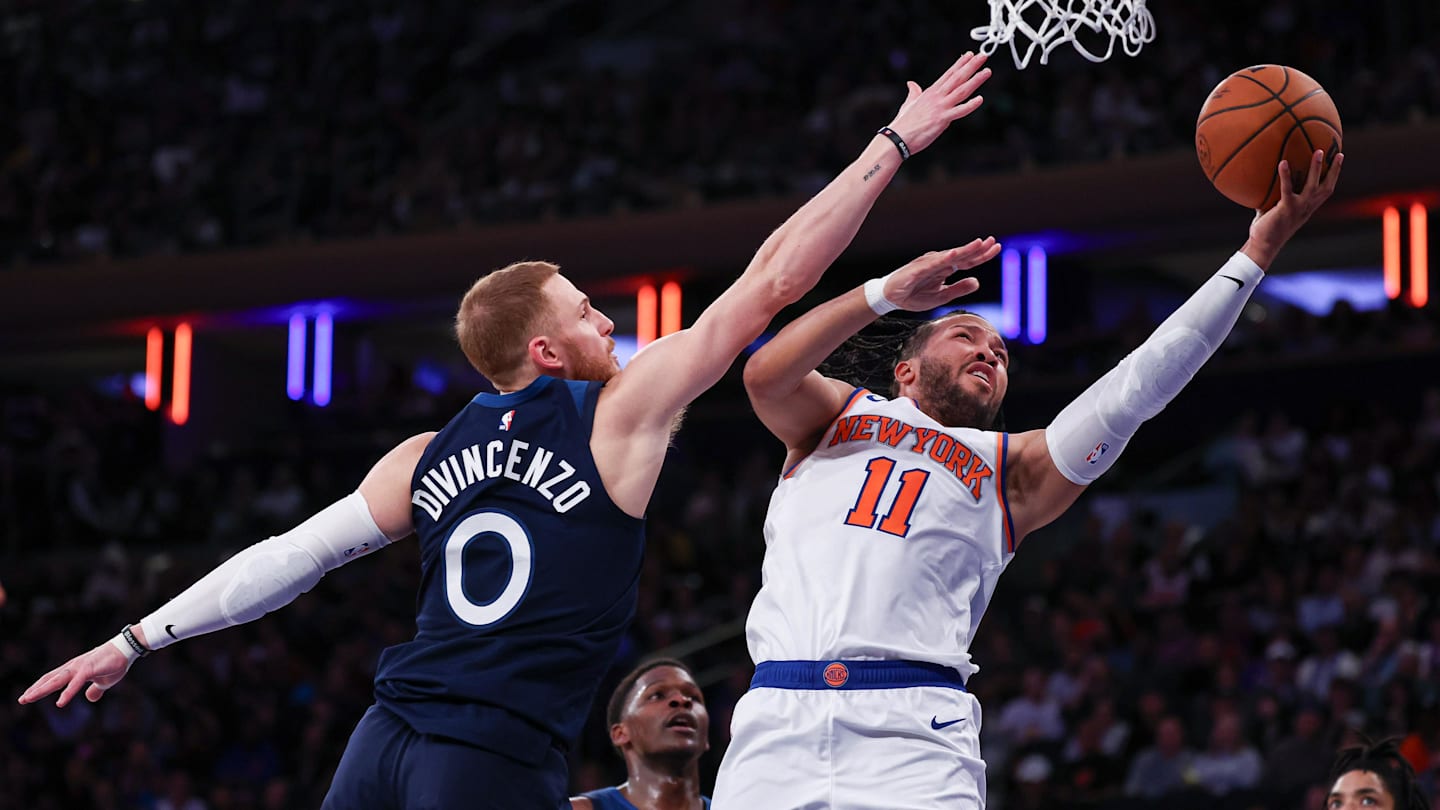World
With Israel under fire, New York play, exhibit spotlight traumas of Oct. 7 attack

4-minute read
Survivors of deadly attack at Israel music festival speak in Teaneck
Yona Assaraf and her husband Roi speak at Congregation Keter Torah in Teaneck on Feb. 22, 2024, of surviving the Israel Tribe of Nova festival attack.
Phelim McAleer and Ann McElhinney were in Ireland on Oct. 7 when Hamas terrorists stormed into Israel, killing 1,200 and taking 250 hostages in what’s been called the worst attack on Jews since the Holocaust.
The Irish Catholic journalists had no ties to Israel. They’d never even visited, but the savagery of the attack, and the world’s reaction to it, inspired them to act.
“By Oct. 8, conversations were shifting to how awful it was that there was no electricity in Gaza and people were calling for a cease-fire,” McAleer said. “But we wanted people to remember how this all started. There was already a cease-fire on Oct. 6.”
The project inspired by their outrage − a stage play based on interviews with Oct. 7 victims and survivors − debuted at the Actors Temple Theater in New York earlier this month and will run through June 16. Along with a recently opened exhibition in Lower Manhattan about the Nova music festival massacre, it’s part of an effort to keep the horrors of Hamas’ attack in the public mind, even as Israel faces mounting criticism for its response in Gaza.
McAleer previously worked as a journalist for The Economist and the UK’s Sunday Times and McElhinney has made documentaries for the BBC. They previously collaborated on “Gosnell: The Untold Story of America’s Most Prolific Serial Killers,” which was a New York Times bestseller.
The pair focus on topics they say are underreported by the media − they’ve produced films defending fracking and challenging the scientific consensus that climate change needs to be addressed.
After Oct. 7, they found a new quest: to promote the memory and stories of that day.
‘October 7: In Their Own Words’
Shortly after the attacks, McAleer and McElhinney flew to Israel and spent three weeks interviewing survivors and relatives of those killed and captured. The testimony became the basis for “October 7: In Their Own Words,” a play that revisits Israel’s darkest day through the personal stories of those who were there.
The 88-minute production, which opened May 13, comes amid rising antisemitism and protests over the Gaza campaign around the country. Pro-Palestinian demonstrators at college campuses have spoken out against the war, which has killed more than 34,000 people, according to the Hamas-run health ministry in Gaza.
The casualties that can be documented include about 13,000 women and children, the United Nations said this month, in a report that reduced earlier estimates. Still, deteriorating humanitarian conditions in Gaza have led to increasing pressure on Israel. On Wednesday, Spain, Ireland and Norway became the latest countries to say they would recognize an independent Palestinian state.
Amid the protests, some of Israel’s supporters argue that the brutal event that sparked the conflict has been forgotten.
Nova exhibition recreates ‘The Moment Music Stood Still’
The Lower Manhattan exhibit, “06:29a.m: The Moment Music Stood Still,” seeks to convey the terror while paying tribute to the 260 people who were killed at the Nova Music Festival, a concert in southern Israel that was overrun by Hamas on the morning of the assault.
The exhibit has transformed a 50,000 square-foot area on Wall Street into a recreation of the festival grounds in the Negev desert, with items salvaged from the attack including scorched cars, bullet-riddled bathroom stalls and personal belongings left behind. Viewers can wander through the space and watch video testimonies from survivors and raw footage taken by concertgoers and Hamas militants that day.
Since opening in New York on April 21, the exhibit has hosted more than 40,000 visitors, according to organizers. Its run was recently extended until June 16 due to demand.
Founders of the exhibit include Nova Festival survivors and supporters in America, including entrepreneur and record producer Scooter Braun. Admission is $10 with an optional donation. Proceeds go to the Nova Healing Journey, an initiative to support mental health treatment for victims and families of the massacre.
“Oct 7: In Their Own Words” similarly seeks to remind viewers of the trauma inflicted on innocent citizens.
Every word of dialogue in the play was taken from interviews, said McAleer, explaining that, “When people have lived through the most extraordinary events, you don’t need to add any drama or editorializing.”
The play doesn’t shy away from the tough topics. It features a diverse array of characters − young and old, secular and religious, left- and right-wing − and a debate about what led to the Hamas attack and what to think about it takes place on stage, said McAleer.
‘It’s the newest form of Holocaust denial’
Among the characters depicted is Zaki, an observant Jew who breaks the Sabbath to save some of the Nova festival victims. There’s also Shani, an army medic who spends hours hiding in the bushes in terror, and Isaac, who initially assumed Hamas paragliders descending on the festival were Israelis coming to help. He recalls waving enthusiastically at them, shouting “Shalom!” − until the shooting began.
After the show ends its New York run, McElhinney and McAleer hope to bring it to other cities around the world. But their primary goal in the fall is to stage the play on Ivy League campuses, where students have been protesting against Israel, “so they can see what happened and the origin story of the war in Gaza,” McAleer said.
Although several American captives are still thought to be held in Gaza, the hostages and Oct. 7 have receded from the public conversation, McElhinney argued.
“It’s like the newest form of Holocaust denial,” she said.
She hopes that the play will help give Oct. 7 survivors a voice and help educate the public about what transpired that day.
“People tell us they’re very moved by it,” she said. “Many Jewish viewers were especially appreciative that an Irish Catholic couple did it because they felt very isolated and abandoned by so many of their non-Jewish friends.”
Sarah Tawil of Brooklyn, who was in the audience on the opening night, called the play “captivating” and said the play lasted with her for days. Though she had watched graphic videos about the carnage on Oct. 7, “this was much more emotional for me,” she said.
The most powerful story, she said, was that of Zaki, the Hasidic Jew who said he’d never “desecrated” the Sabbath by working. But on Oct. 7, a Saturday, he jumped into his car “and drove back and forth to save people,” Tawil recounted. “He said `I have to break the Sabbath this one time.'”
“I hope everyone will go to see this,” she said.
Deena Yellin covers religion for NorthJersey.com. For unlimited access to her work covering how the spiritual intersects with our daily lives, please subscribe or activate your digital account today.
Email: yellin@northjersey.com










